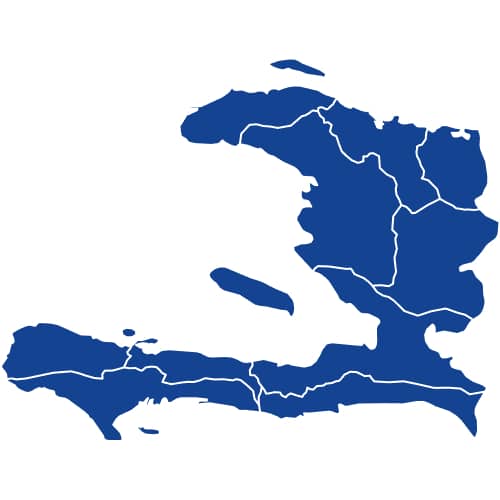In 2021, Haiti was officially listed by the FATF as a Jurisdiction under increased monitoring. In March 2022, the EU also added Haiti to its list of high-risk third countries.
This means that Haiti made a high-level political commitment to work with the FATF and CFATF to strengthen the effectiveness of its anti-money laundering and counter-terrorist financing (AML/CFT) regime. In its latest statement, the FATF noted that Haiti should continue to work on implementing its action plan to address its strategic deficiencies, including by:
- completing its ML/TF risk assessment process and disseminating the findings;
- facilitating information sharing with relevant foreign counterparts;
- addressing the technical deficiencies in its legal and regulatory framework that impede the implementation of AML/CFT preventive measures and implementing risk-based AML/CFT supervision for all financial institutions and DNFBPs deemed to constitute a higher ML/TF risk;
- ensuring basic and beneficial ownership information are maintained and accessible in a timely manner;
- ensuring a better use of financial intelligence and other relevant information by competent authorities for combatting ML and TF;
- addressing the technical deficiencies in its ML offence and demonstrating authorities are identifying, investigating and prosecuting ML cases in a manner consistent with Haiti’s risk profile;
- demonstrating an increase of identification, tracing and recovery of proceeds of crimes;
- addressing the technical deficiencies in its TF offence and targeted financial sanctions regime; and (9) conducting appropriate risk-based monitoring of NPOs vulnerable to TF abuse without disrupting or discouraging legitimate NPO activities.
In the last quarter of 2023, the EU Global Facility on AML/CFT started discussions with the authorities of the country to provide technical assistance on the topic of strategic approach and technical assistance coordination committee mentoring (Recommendation 2 and Immediate Outcome 1).


